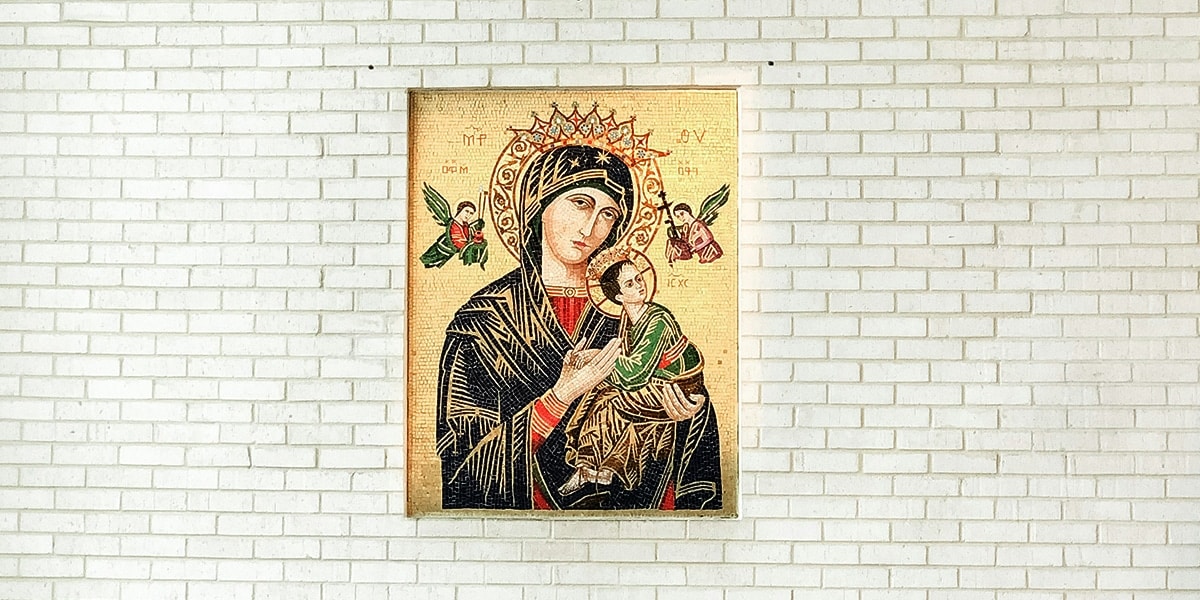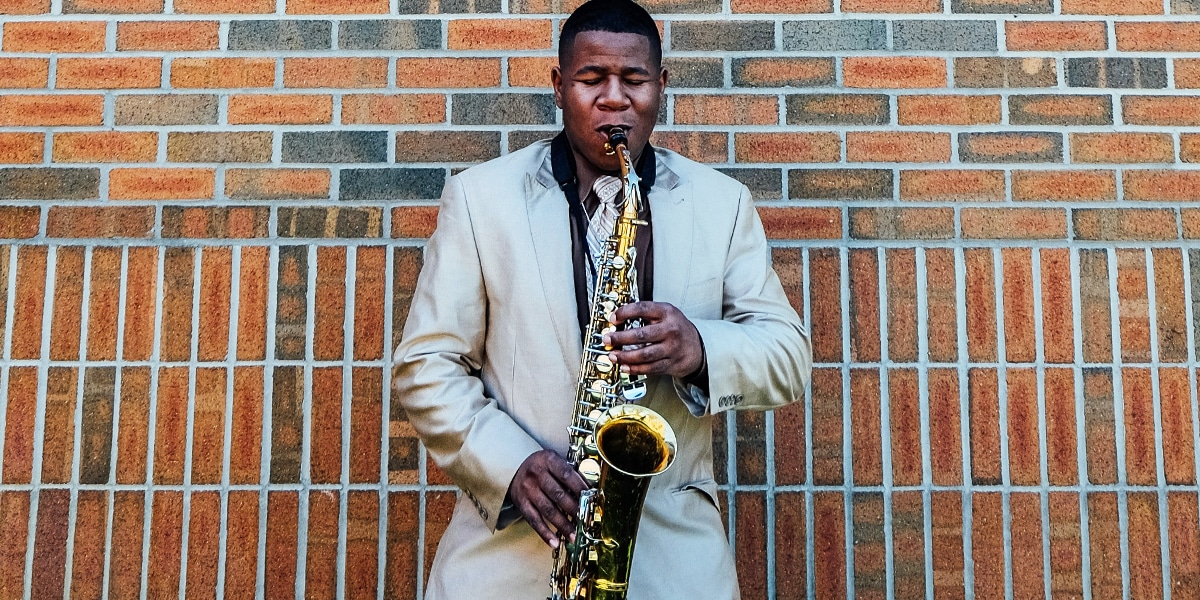Here’s Mother’s Day in a different light.
The mother figure most central to the Catholic tradition is Mary. We do her a great disservice by pretending that her life was idyllic. Some statues suggest that she did nothing but gaze piously at the sky or look vapidly at the lilies. Instead, she suffered the same push-pull all mothers do, delighting in her child’s growth yet knowing that every day brought her closer to his departure.
Mary’s tension was magnified by knowing that her son’s integrity would surely set him in conflict with both political and religious authorities. All moms have dreams for their offspring; surely, she never imagined that her kind, sensitive boy would die hanging naked, a criminal crucified between two thieves.
Because Mary lost her child, the Mothers of the Disappeared feel close to her. So did an Italian mother whose sorrow for her dead son was so intense, she could only rock, whispering, “Madonna capisce” (“the Mother understands”). Because Mary was fully human, she endured bewilderment, confusion, disappointment and pain. No stranger to excruciating loss, she embraces those to whom Mother’s Day brings only nightmares. We can turn to her when we’re waiting tensely in the principal’s office, the ER or the jail.
Even after Jesus’ death, she played a decisive role in the squabbles of the early Church. Because she tried to keep the first Christians faithful to Jesus’ vision, she’s the patron for moms who bring peace to warring families.
Talk Around the Table and Beyond
The first, best teaching occurs at home. Children who are already making or buying gifts for their mom should be encouraged to think beyond their immediate family. The elderly neighbor would surely appreciate a bouquet, too. Telling stories or talking at meals about those who may not have a mom to celebrate sows the seeds of understanding. Could a childless aunt or lonely friend be included in a dinner invitation?
Too often, people don’t know what to say to the recently bereaved, so they abandon them to a solitary grief. At home, we model that even a bumbling attempt is welcome: a call or email simply to say, “I was thinking about you today.”
This also applies to Sunday worship. Broader concern could start in the pulpit. The impossibly idealistic view of motherhood makes most people squirm because it’s sentimental. A skilled homilist can lead us beyond our pressing reality to a larger view. The predicaments of teenagers or small children can become all-absorbing to a parent. Sometimes, we need a gentle reminder of how lucky we are to have those struggles. A daughter may be expensive and bratty, but she’s alive.
A mom may be argumentative and overprotective, but she’s a treasure to cherish long after she’s gone. Who else cares if your socks match and your teeth are brushed?
Rituals Beyond Words
Our rituals have always expressed—with more power than language—our core beliefs. If Catholics value life, we should ritualize it. We believe the fetus is fully human: then why so few rituals for a miscarriage? Why do we never pray publicly for the mom who’s placed her baby for adoption?
Many people think she’s done the right thing, but support for her seems thin and silent.
We are learning more about grief; surely, naming it and holding it in prayer long after the funeral is a necessary step toward healing. Many parishes give mothers a flower or say a blessing over them. Those efforts could be expanded by inviting those who mourn mothers or children to participate, too.
I have spent the week in dialogue with a most unusual woman. In hands which should cradle a child, she holds a crown of thorns. Her fingers are seared as brutally as her son or daughter’s flesh was torn. She is the Mother of the Disappeared. While this icon might seem an odd choice for the celebration of Mother’s Day, it is appropriate for reasons larger than Hallmark cards and florists’ bouquets.
Her halo reminds us that the parents of the martyred die inwardly like Mary and are holy like Mary. Violating all the rules for classic iconography, a handprint smears the lower left corner of her portrait. It is as out of place as a jelly blob on a book, a stain on the new carpet or the grubby marks that children leave on walls. Lest we become too heady about holiness, it reminds us of reality. Meeting this icon, I protested, “I don’t want to live with you all week! Your stare condemns my safety and luxury. Why don’t you go away and let me enjoy the apple blossoms, my daughter’s pastel dresses, the joys of spring?”
My instinct to flee seemed supported by a line from the Gospel: “I came that they might have life in abundance.” If Christ’s gift of life has been so cruelly grabbed from these mothers and their children, what does it mean to me? She replies, “I participate in Christ’s trouncing of the death-dealing forces that stalk all children. Just as the martyrs of El Salvador played their part in bringing an end to the civil war, so I stand implacable as conscience. Persistently, I call oppressors to accountability. Furthermore, I challenge you to nurture the life you have been given, for it is fragile and precious.”
Her eyes upon me quiet my annoyance with my children, my frustration with their little failures. She reminds me that although I may not understand her particular ordeal, I may confront other problems.
Can I bring them to her serenity, her conviction that God is with us both in loving support? “You still have your children,” she reminds me. “Cherish them. Why do you get irritated when they invade your quiet times? I would give anything for such a little invasion. But my arms are empty. My home is silent.”
Eventually, for me as for her, all the children disappear. They grow up, leave for college, find their own paths. As one mom lamented, sweeping up debris, “First they break your things. Then they break your heart.” Sometimes the mothers disappear. My 10-year-old daughter tells me about the little boy in her class who made a Mother’s Day card along with the other children, but he didn’t know where to send it. Mom left; he lives with his dad.
In such heartbreaking separations, we see into the mystery of God. God says of the beloved people Israel: “How can I give you up? My heart recoils within me; my compassion grows warm and tender” (Hosea 11:8). Jesus, torn from his mother on the way to Calvary, can understand our worst nightmare, and relate to the suffering we most dread. However difficult our experience with our children may be, God participates intimately in the relationship.
And that is good news for Mother’s Day.








